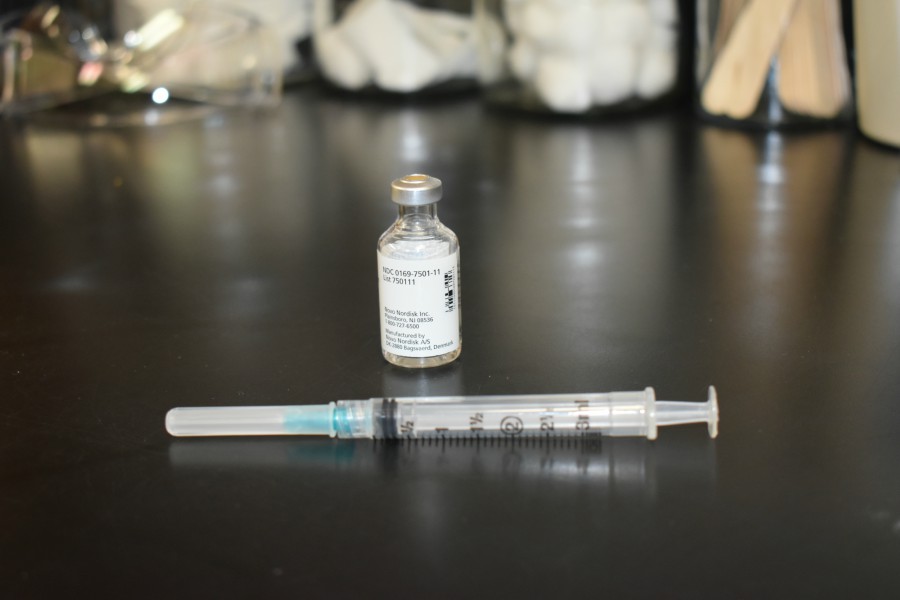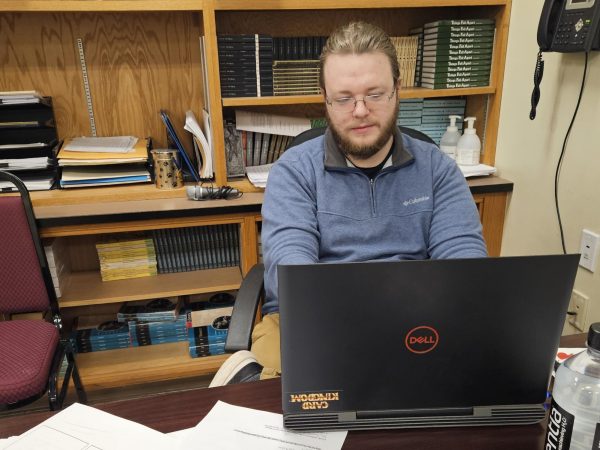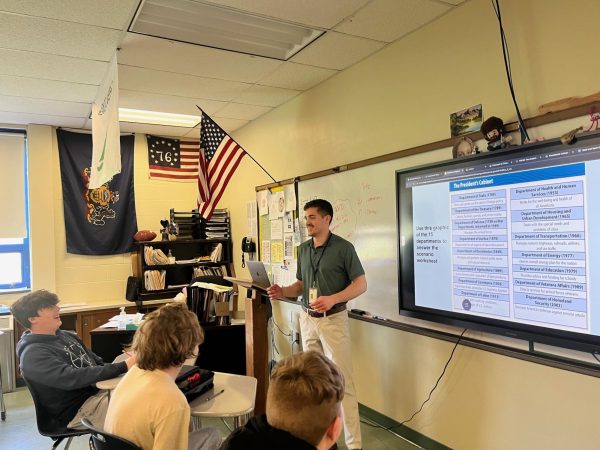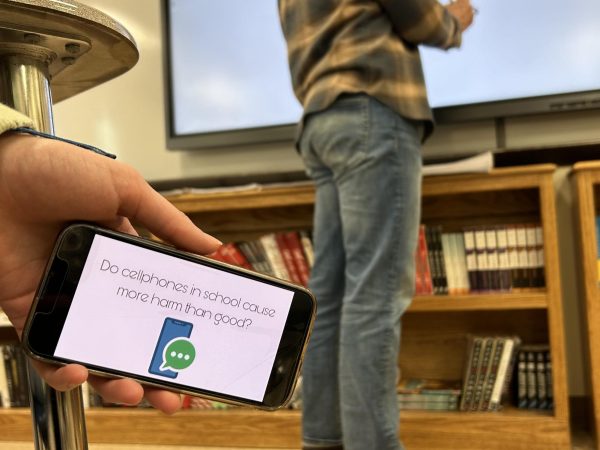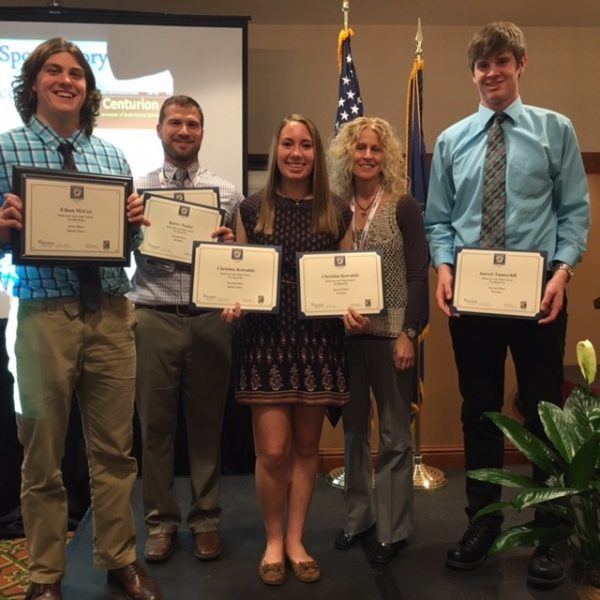To vaccinate or not vaccinate
Schools are finding themselves answering this difficult question
B-A, like other schools, has had to address the issue of students coming to school without vaccinations.
February 11, 2020
A recent measles outbreak in the US caused concern for schools across the country.
Public schools in Seattle took action.
Students were prohibited from coming to school unless they had proven they were vaccinated against measles.
There were no longer religious or medical exemptions allowed for the measles, mumps, and rubella vaccine. The only way students could get out of being vaccinated was if there is proof that they had the disease in the past and were immune to it.
In regard to Bellwood-Antis’s policy on vaccinations, Superintendent Dr. Thomas McInroy according to the School Code of 1949, all students are to be vaccinated before they attend school.
“There are exceptions to this law, such as for religious reasons,” he said. “There are many examples of diseases that were once thought to be extinct are now back and immune to many of the antibiotics.”
Medical reasons for exemption, like a compromised immune system or allergy to the vaccine, need to be signed off by a doctor. Parents must request to sign a letter if there are other reasons such as religious or ethical.
In the United States, only the Church of Christ, Scientist and the Dutch Reformed Church openly discourage vaccination. Many other religions support vaccination because they feel it is necessary for health.
In 2019, 1,282 measles cases were reported in the US, a dramatic increase since the disease was eradicated in 2000.
The big question is: why?
Both of my children have been fully vaccinated and I trust that these vaccines will protect them because their health is of utmost importance to me..
— Mrs. Frank
The CDC reports that the majority of people who were diagnosed with measles were unvaccinated.
More and more parents are becoming hesitant when it comes to vaccinating their children.
School nurse Mrs. Kelly Hoover said that at Bellwood there are approximately three to four students per grade who are not vaccinated, and the World Health Organization named vaccine hesitancy in the top 10 threats to global health in 2019.
Some parents believe that vaccinations cause autism, especially the MMR vaccine, which prevents measles, mumps, and rubella. Multiple studies have shown that it does not cause autism, however, many parents are hesitant because of it. A mistrust of science is also a big reason for vaccine hesitancy, with some people believing that scientists want to sell vaccines no matter the harmful consequences.
“Some parents are under the belief that immunizations can cause autism,” said Mrs. Hoover. “Others don’t want chemicals given to their kids. Some think it’s against their religion.”
Some members of the B-A faculty who are also parents have strong feelings when it comes to the benefits of vaccinations and their concerns with students being unvaccinated in the school setting.
“I personally feel students need to be vaccinated if they are going to attend public/private schools where they can be in contact with students who may have compromised immune systems,” said math teacher Mrs. Dawn Frank. “My youngest son had asthma that was very severe when he was under 10. If he had chickenpox, mumps, measles, etc. he would’ve been hospitalized. His asthma, while an issue for him, did not put anyone else’s life at risk. Yet, people who are not vaccinated put others at risk. Their family’s personal beliefs begin to infringe on other people’s physical well-being.”
Fellow math teacher Mrs. Ali Stinson agreed.
“As a parent, it greatly concerns me that children are entering school without being vaccinated. While some children may have an allergic reaction to a vaccine, it is very unlikely. Both of my children have been fully vaccinated and I trust that these vaccines will protect them because their health is of utmost importance to me.”
Often travelers from foreign countries bring the disease to the US, and the people who are unvaccinated contract it. Large pockets of unvaccinated people cause outbreaks that are being reported across the country.
According to the CDC, outbreaks have been reported in California, Georgia, Illinois, Michigan, New Jersey, New York City, New York State, Oregon, Pennsylvania, Texas, and Washington.



